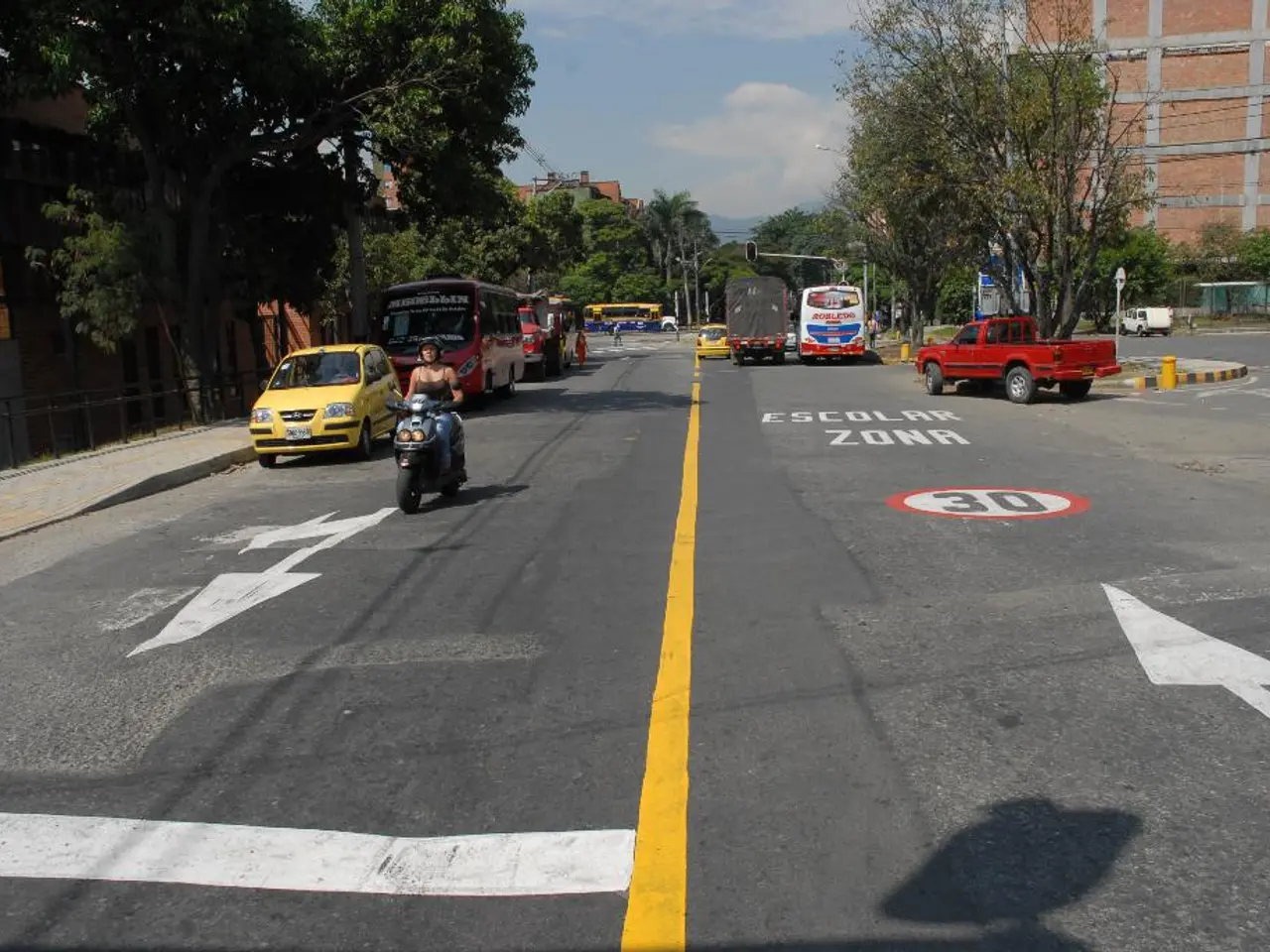Parliamentary Corona Investigation Begins
The German Bundestag has established an Enquete Commission, titled "Processing the Corona Pandemic and Lessons for Future Pandemic Events," to comprehensively examine the social, political, and economic consequences of the COVID-19 pandemic. This commission, which will commence work in September and submit a report with findings and recommendations by mid-2027, aims to derive lessons from the pandemic to improve preparedness and policy-making for future public health crises.
The commission, consisting of 14 members of parliament and 14 experts, will be appointed in agreement, with appropriate participation of states and municipalities, and will maintain a balanced representation of scientific disciplines and societal areas. The members will be appointed according to the following key: the Union can appoint five members of parliament, the AfD and SPD each three, the Greens two, and the Left one.
The commission's investigative objective is to conduct a thorough, scientifically sound processing of the pandemic and state and societal action. It will focus on reviewing the pandemic response and its consequences based on the information available at the time decisions were made, ensuring an objective evaluation without hindsight bias.
The commission's mandate includes illuminating aspects such as early detection, crisis management, legal framework, impacts on various groups, vaccinations, support for companies, culture, tourism, volunteers, and associations. It will also hold public hearings with experts, interest groups, and affected parties, and an "age-appropriate survey" of children and young people is possible.
Federal President Frank-Walter Steinmeier has called for processing the pandemic, stating that not addressing it openly fuels conspiracy theories and new mistrust. Solidarity was crucial to mitigate severe consequences, especially for risk groups, and to balance the effects on the economy and society.
The commission's goal is to examine what worked well, identify shortcomings, and draw lessons for future crises. If no agreement is reached, the factions should appoint the experts according to the key for members of parliament. The commission will submit a comprehensive final report with findings and recommendations for action to the Bundestag by 30 June 2027.
Intermediate reports on completed aspects may also be issued as the commission progresses in its work. CDU member of parliament, Franziska Hoppermann, has been nominated as chair. The commission's work comes as the pandemic has presented challenges of historic and unprecedented magnitude since 2019 to 2023.
[1] German Bundestag press release, 2025. [2] Steinmeier, F.-W. (2025). Speech on the pandemic and its consequences. [3] Hoppermann, F. (2025). Statement on the Enquete Commission's mandate and objectives.
- The Enquete Commission, chaired by Franziska Hoppermann, is expected to present a comprehensive final report by June 2027, encompassing findings and recommendations for future policy-making in health-and-wellness, mental-health, policy-and-legislation, politics, general-news, and other societal areas.
- The commission's mandate involves a thorough, scientific investigation focusing on the pandemic response, its consequences, and the role of early detection, crisis management, legal framework, impact on various groups, vaccinations, economic support, culture, tourism, volunteer work, and associations.
- In line with the president's call for open processing of the pandemic, the commission will hold public hearings and may even carry out an "age-appropriate survey" of children and young people to ensure a balanced understanding of the pandemic's effects on different segments of society.




